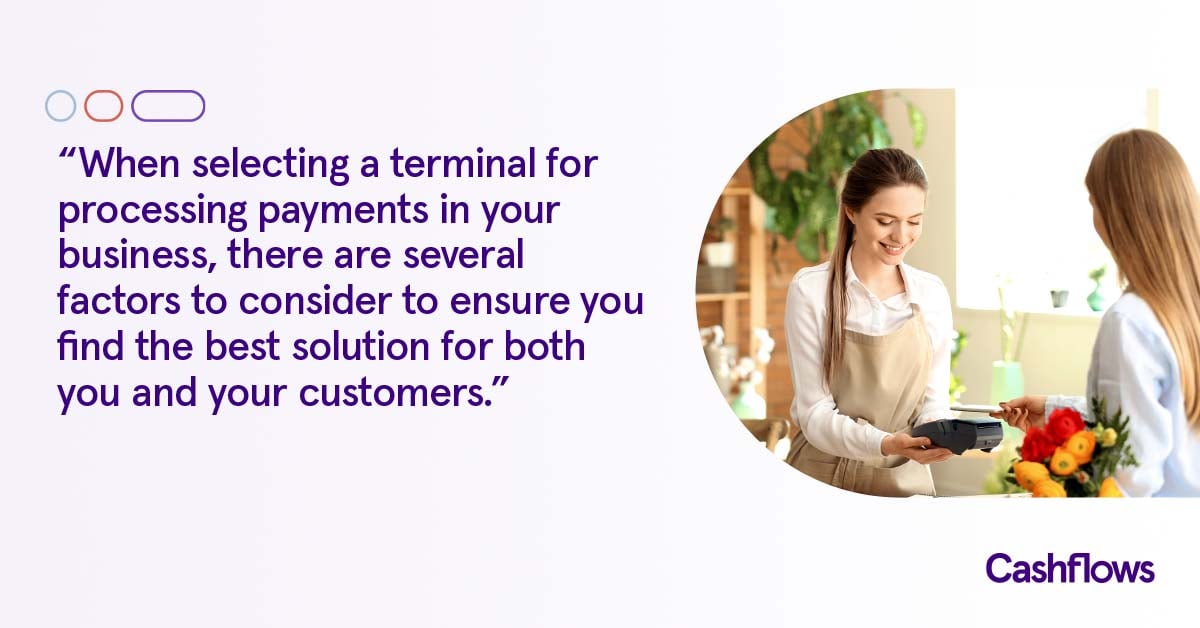Central government funding has declined 49.1% in real terms since 2010/11, leading to a cut in spending power of nearly 30%[1]. At the same time, local authorities face increased demand for services, particularly homelessness and social care.
With government funding expected to disappear entirely by 2020, local authorities are having to think how they can become financially self-sufficient. How can they promote local economic growth? And how can they find other sources of income and savings, rather than further reduce spending on services?
Maximising income collection has always been important to local authorities. Yet in the current climate, they also need to consider how best to minimise the costs of collection.
Electronic payment helps cut collection costs. It’s quick and convenient to local authorities, residents and businesses. However, there are various myths around accepting electronic payment for collections, particularly card payment.
Myth: Customers do not want to pay by card
Fact: The overwhelming majority of the population (98%) have a debit card and most people use them to make day-to-day payments[2]. Debit cards overtook cash as the most frequently used payment method in the UK last year, according to UK Finance. There’s no lack of demand to pay by card.
In fact, people may prefer it. Council tax, business rates, parking permits etc. are non-discretionary payments. People don’t live or love to pay them. So, it’s worth giving people a choice of how they want to pay and making the process as easy as possible. This helps maximise both collections and customer experience.
Myth: Local authorities cannot accept cards because they do not have m/any shops
Fact: You don’t need to trade from a shop to accept cards. What’s more if you accept cards via the internet, you can remain open 24 hours a day with no additional staff costs.
Accepting cards remotely not only helps cut cash-handling costs and frees up the resource required to collect, count and bank cash and cheques. It also makes it easy for customers who find it difficult to get to a cash office to make payments, e.g. elderly or disabled customers and those with professional or caring responsibilities.
Myth: Cards are for one-off payments
Fact: More than £26 billion in council tax, £11 billion in business rates and £7 billion in council rents was paid to local authorities in England in 2016/17[3]. These are typically regular or recurring payments.
Many local authorities are not aware that they can take such payments on cards. Or how easy they are for payers to set up. Furthermore, unlike with direct debits, local authorities receive automatic updates to card details before the billing date.
Both Mastercard and Visa have account updater services, which refresh details if cards expire, are lost, stolen or upgraded. This allows local authorities to take payment, on time, as agreed and with no need to chase late payment.
How Cashflows can help
To find out more about card acceptance with Cashflows or our proposition to the local authority sector, get in touch today.
[1] Financial sustainability of local authorities 2018, National Audit Office, March 2018
[2] UK Payments Market Summary 2018, UK Finance, June 2018
[3] Local Government Financial Statistics England no 28 2018, Ministry of Housing, Communities & Local Government, July 2018


